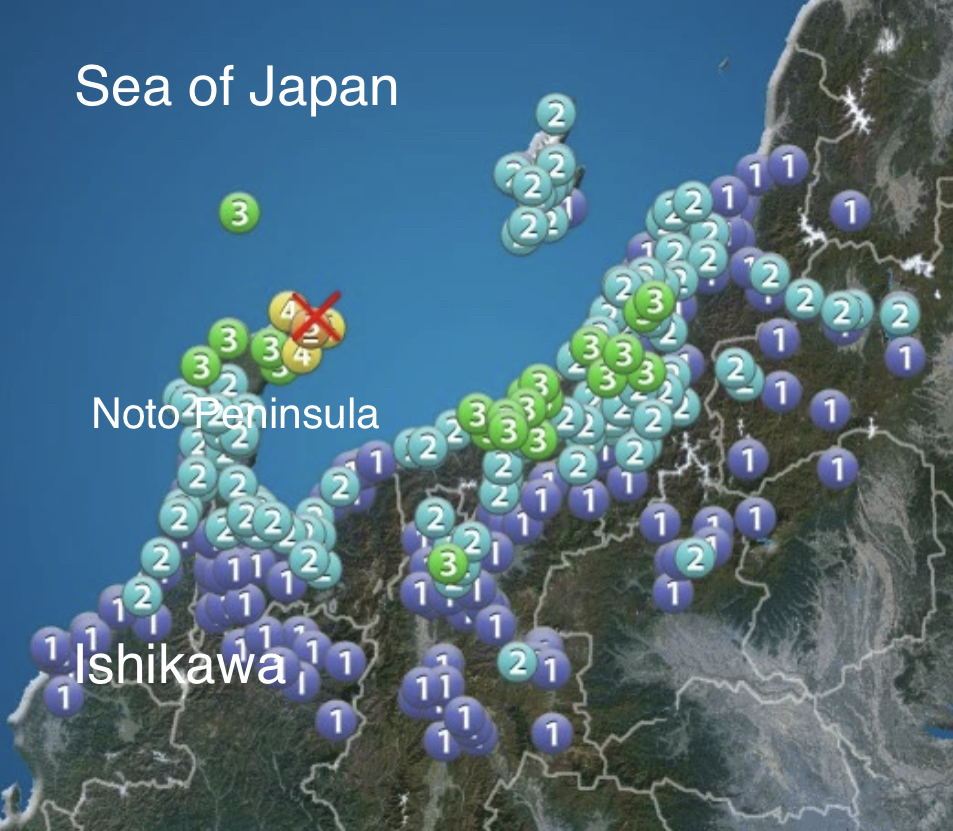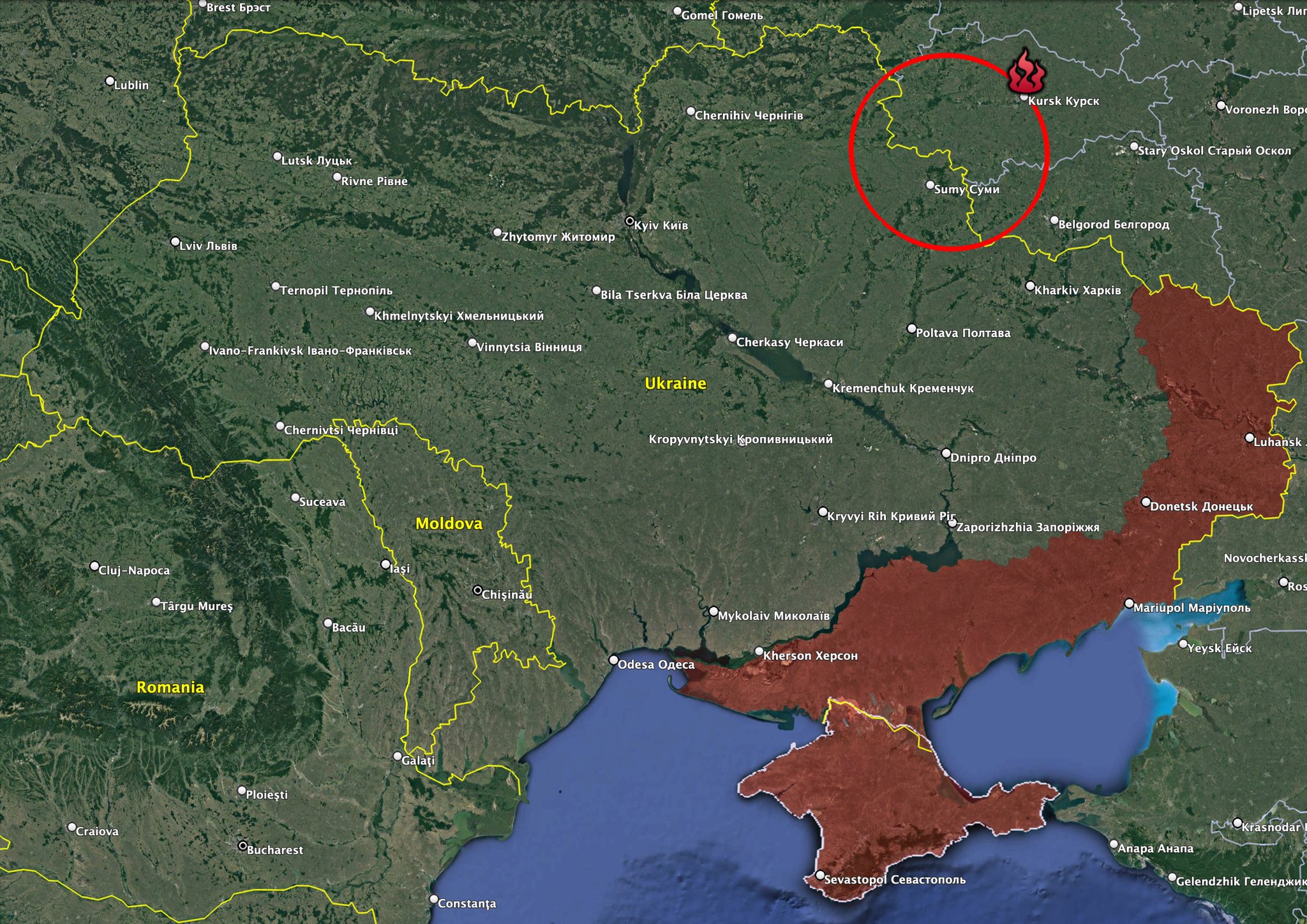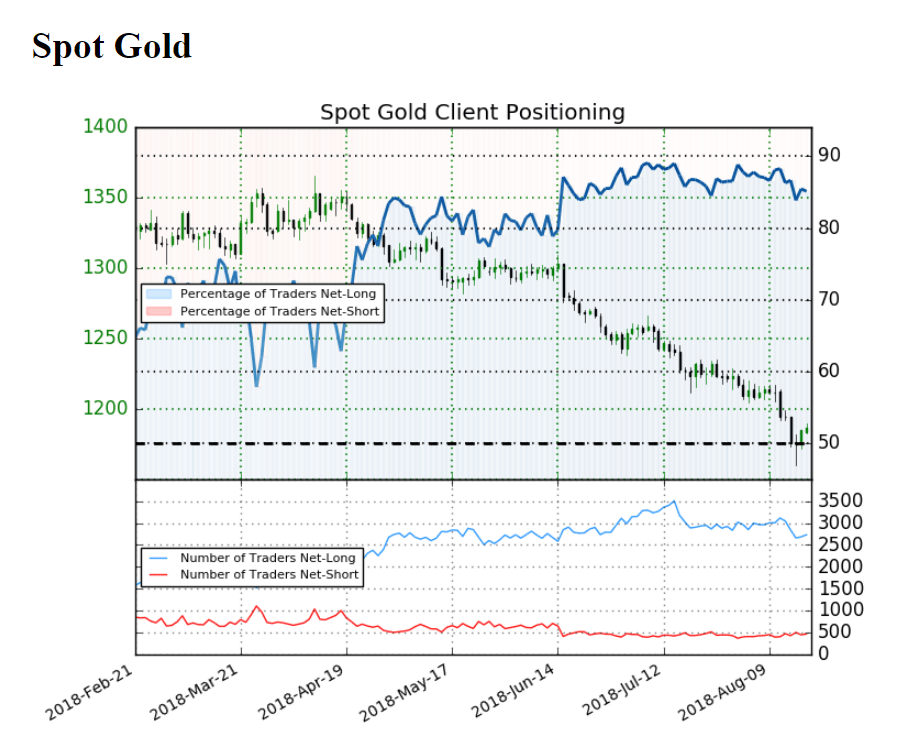Gabon held its presidential election yesterday, April 12th, and let’s be real, this isn’t just another election. It’s a pivotal moment for a country grappling with political stability and economic challenges. Four candidates are vying for the top spot, including the current transitional President Brice Oligui Nguema and ex-Prime Minister, Raymond Ndong Sima.

Polling stations opened at 7 AM and closed at 6 PM across Gabon’s nine provinces. And here’s a crucial point: voting isn’t optional in Gabon – it’s mandatory for all eligible adults. This signals a strong push for participation, but also raises questions about the true reflection of the electorate’s will.
Let’s quickly break down the context. Gabon, a Central African nation rich in oil, has long struggled with entrenched political dynasties and socioeconomic imbalances. This election follows a military coup last year that ousted the long-ruling Bongo family, ending a 55-year hold on power.
Understanding Gabon’s Political Landscape:
Gabon’s political system has been dominated by the Bongo family since 1967. The recent coup demonstrates growing discontent with the status quo.
Mandatory Voting: A Double-Edged Sword: While promoting broad participation, mandatory voting can be controversial, potentially diminishing the genuine expression of voter preferences.
Oil and Economic Dependency: Gabon’s economy is heavily reliant on oil revenues. Diversification and responsible resource management are crucial for long-term stability.
Regional Implications: The outcome of this election will undoubtedly have ripple effects across Central Africa, influencing regional dynamics and potentially inspiring similar political shifts. The world is watching to see if Gabon can navigate this transition effectively and build a more inclusive and prosperous future. We’ll be keeping a close eye on the results and analysis as they come in.





